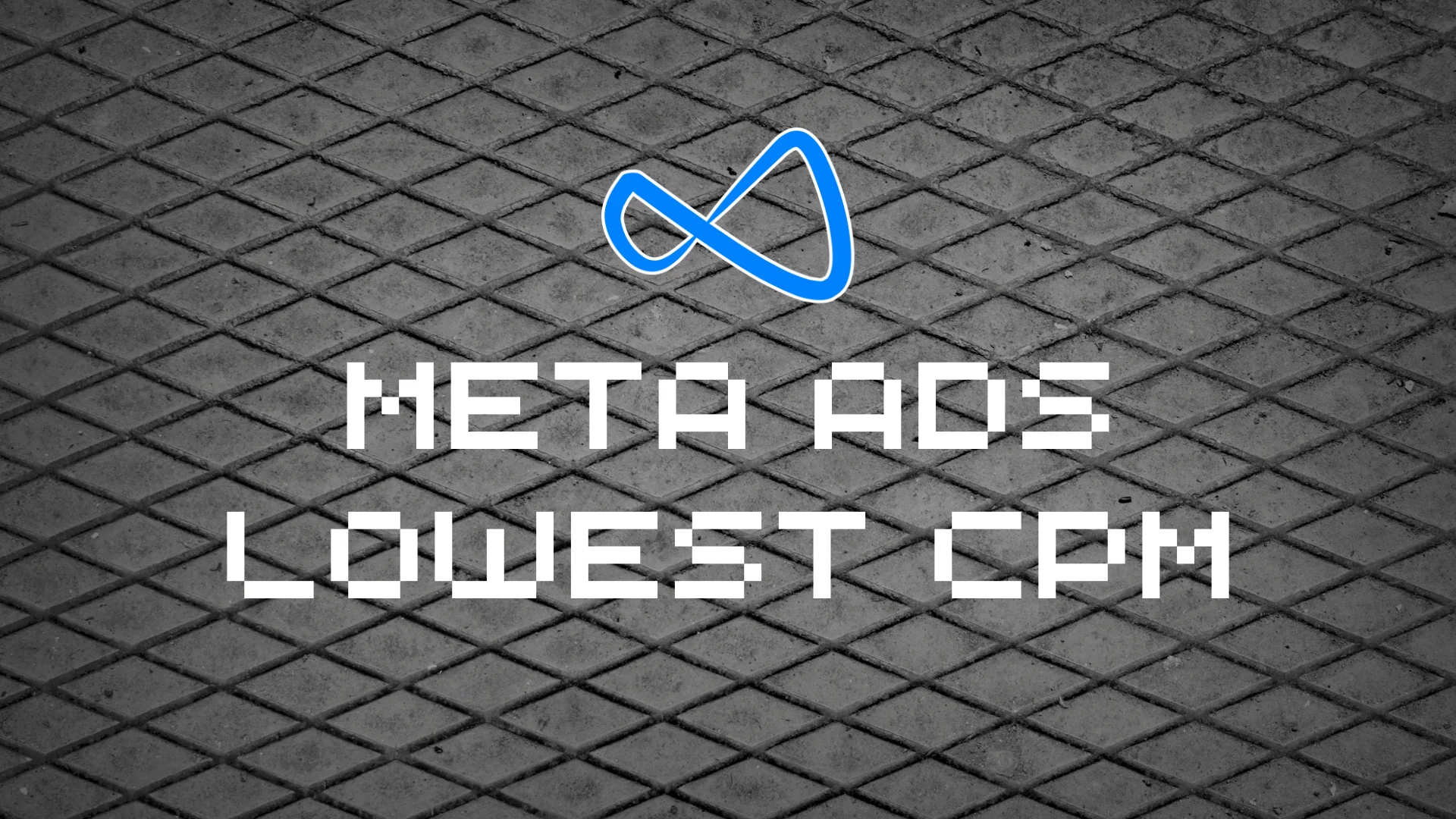When you attempt to gather information on writing a business plan for a digital marketing agency, you are inundated with countless acronyms, such as SCOMS, SUCUTS, and AMBERS. However, none of these acronyms are actual business plan terms. In other words, various business experts are trying to sell you a prepackaged solution that supposedly works for any company, regardless of its industry or revenue model. Unfortunately, these prepackaged solutions typically yield mediocre results at best. Due to the dynamic and innovative nature of the digital marketing industry, such an approach is almost certain to fail. Instead, you need to immerse yourself in the process, brew a large pot of coffee, and dive deep into the task at hand. Since we are living in 2023, there are specific aspects to consider as well.
1. Who Is It for?
Inexperienced business owners often overlook the fundamental truth of writing a digital marketing agency business plan: focusing on the target audience. There are several purposes for creating a business plan, such as internal use, investor/partner engagement, and customer outreach. Each type of plan serves a distinct purpose and requires tailored content to achieve its objectives.
– Internal Purposes: This type of business plan is primarily used for internal communication within the company. It outlines goals, strategies, employee expectations, performance metrics, and overall company performance. It is a valuable tool for understanding the current state of the agency and addressing any challenges.
– Investors and Partners: This business plan aims to instill confidence and trust in potential investors and partners. It focuses heavily on financial aspects, emphasizing revenue projections, profitability, and return on investment. It demonstrates the agency’s financial viability and growth potential.
– Potential Customers: This business plan targets existing and potential customers. It serves as a marketing tool to showcase the agency’s capabilities, services, and future plans. It highlights the unique value proposition and introduces new services or innovations. It may also incorporate industry-specific terms and concepts, such as AI in digital marketing, data analytics, and account-based marketing.
2. Know Your Market Well
A crucial aspect of ensuring the success of your agency is understanding your target market. Your business plan should clearly define your target audience and identify the competition in the market. Your advertising efforts will only be effective if they resonate with your potential customers’ wants and needs. Conduct thorough research to gather insights about your target audience and tailor your plan accordingly. Avoid the common misconception that your products or services are suitable for everyone. Even if you position your agency as a full-service provider targeting a broad market, it is essential to identify your ideal consumer.
3. Numbers. Numbers. Numbers.
Regardless of your personal affinity for numbers, a comprehensive understanding of the financial aspects impacting your agency is a critical component of a business plan. Whether the plan targets internal use, investors/partners, or customers, precision in numerical data is essential. Your business plan should answer important questions: How many clients do you currently have? How many more do you aim to attract? How do you retain clients? What is the cost of client retention? What are your expenses for outside partners? What growth rate do you expect? What selling strategies will you employ, and at what cost? Are you considering a business loan? What is your employee turnover rate? All these questions and more should be supported by accurate numbers. Without reliable numerical evidence, your claims will lack credibility and transparency.
4. Focus on People
The people mentioned earlier refer to your employees. In 2023, it is crucial for digital marketing agency owners and managers to recognize the value of their employees. Employee loyalty is diminishing, especially in the fast-paced digital marketing industry. Additionally, the costs associated with high employee turnover are gaining attention. Therefore, it is vital to heavily emphasize your people in your business plan, particularly if it is internally-oriented. Outline strategies for retaining top talent, enhancing their job performance, and providing growth opportunities. Highlight investments in employee development and creating a positive work environment. Clearly define your hiring and onboarding processes. Your business plan should convey that your agency understands the evolving workplace and places high value on its employees.
5. Be Realistic and Honest
Business plans should avoid excessive fluff and instead focus on being realistic and honest. The biggest mistake entrepreneurs make is being overly optimistic in sales and cost estimates. Your business plan should present compelling reasons why customers need your agency’s services and how you will differentiate yourself in the digital marketing industry. Ensure your financial projections are realistic, accounting for worst-case scenarios. This approach allows you to identify potential challenges and develop strategies to address them effectively.
Must-Haves of a Solid Digital Marketing Agency Business Plan:
Your business plan should go beyond mere objectives. It should embody your vision and commitment to leading, innovating, and setting benchmarks in the digital marketing industry. If you are unfamiliar with creating a business plan or want to expedite the process, consider leveraging artificial intelligence. Utilize prompts generated by ChatGPT-4 and edit the outputs to align with your final plan.
1. A Comprehensive Market Analysis:
Understanding the intricacies of the digital marketing space is crucial. Your business plan should go beyond recognizing industry leaders and potential competitors. Dive deep into market trends, target audience demographics, consumer preferences, and emerging technologies.
(Note: The content provided has been rewritten while preserving the HTML tags.)
Source link























